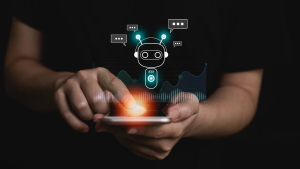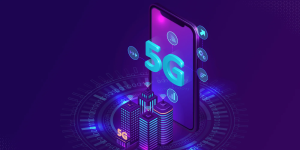Automation in engineering is transforming software development. Discover how intelligent systems collaborate with human engineers to accelerate innovation, ensure quality, and redefine talent.
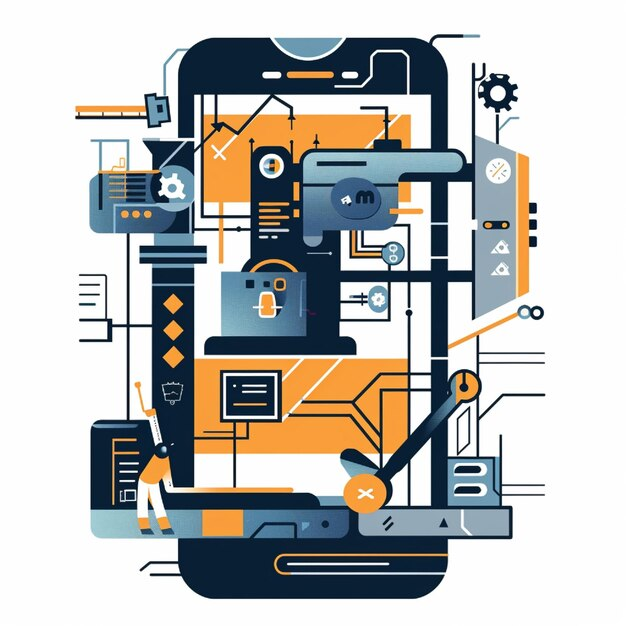
Introduction: Automation in Engineering
Automation in engineering is no longer just a support tool — it is a teammate. Modern intelligent systems write code, orchestrate deployments, test experiences, predict failures, secure environments, and optimize customer journeys faster than humanly possible. This marks a shift from asking, “How many engineers do we need?” to “How much talent does automation itself now represent?”
-
Introduction: Automation in Engineering
-
Beyond Tools: Automation as a Digital Workforce
-
The Evolution of Engineering: Human Craft to Hybrid Intelligence
-
The Rise of the Cognitive Software Factory
-
Cost Is No Longer the Primary Driver — Velocity Is
-
The Human Element: Creativity, Judgment, and Ethical Governance
-
The New Hiring Paradigm: Engineers + Automation Fluency
-
From Workforce Addition to Workforce Multiplication
-
A Quiet Revolution With Loud Consequences
-
Conclusion: Automation Doesn’t Replace Talent — It Redefines It
There are moments in technology history when progress does not simply accelerate — it mutates. Steam did not merely speed up industry; it rewired civilization. Internet connectivity did not simply enhance communication; it dissolved distance. And now, automation has not come to support human engineering — it has come to join it.
Today, automation is not a tool; it is a teammate.
It writes code, reviews architecture, orchestrates deployments, predicts failures, secures environments, tests experiences, and optimizes customer journeys at a pace no human can sustain.
We are entering a new technological order, where:
- Intelligent systems build software, not just assist it
- AI copilots become engineering collaborators, not extensions
- Automation becomes a core hiring strategy — not an afterthought
- Productivity becomes exponential, not linear
- Speed becomes the decisive competitive moat
This is not hyperbole; it is the quiet transformation unfolding inside engineering departments worldwide. Where once a business asked, “How many developers do we need?”
Today the question evolves to:
“How many processes can we automate — and how much talent does automation itself now represent?”
Beyond Tools: Automation as a Digital Workforce
Traditional tools are passive.
You click, type, instruct, and they obey.
Modern automation is active.
It perceives. It reasons. It anticipates. It intervenes.
From the humble CI/CD pipeline to multi-agent AI engineering systems, automation now:
- Writes functions and tests based on product intent
- Generates UI components that meet brand systems
- Detects defects before they surface
- Self-heals broken pipelines
- Monitors code quality in real-time
- Predicts user behavior and adapts experiences accordingly
- Auto-documents changes, APIs, and architectural evolution
- Guards security surfaces and flags anomalies instantly
In high-velocity teams, automation no longer feels like machinery —
It feels like a squad of silent, tireless digital engineers.
The Evolution of Engineering: Human Craft to Hybrid Intelligence
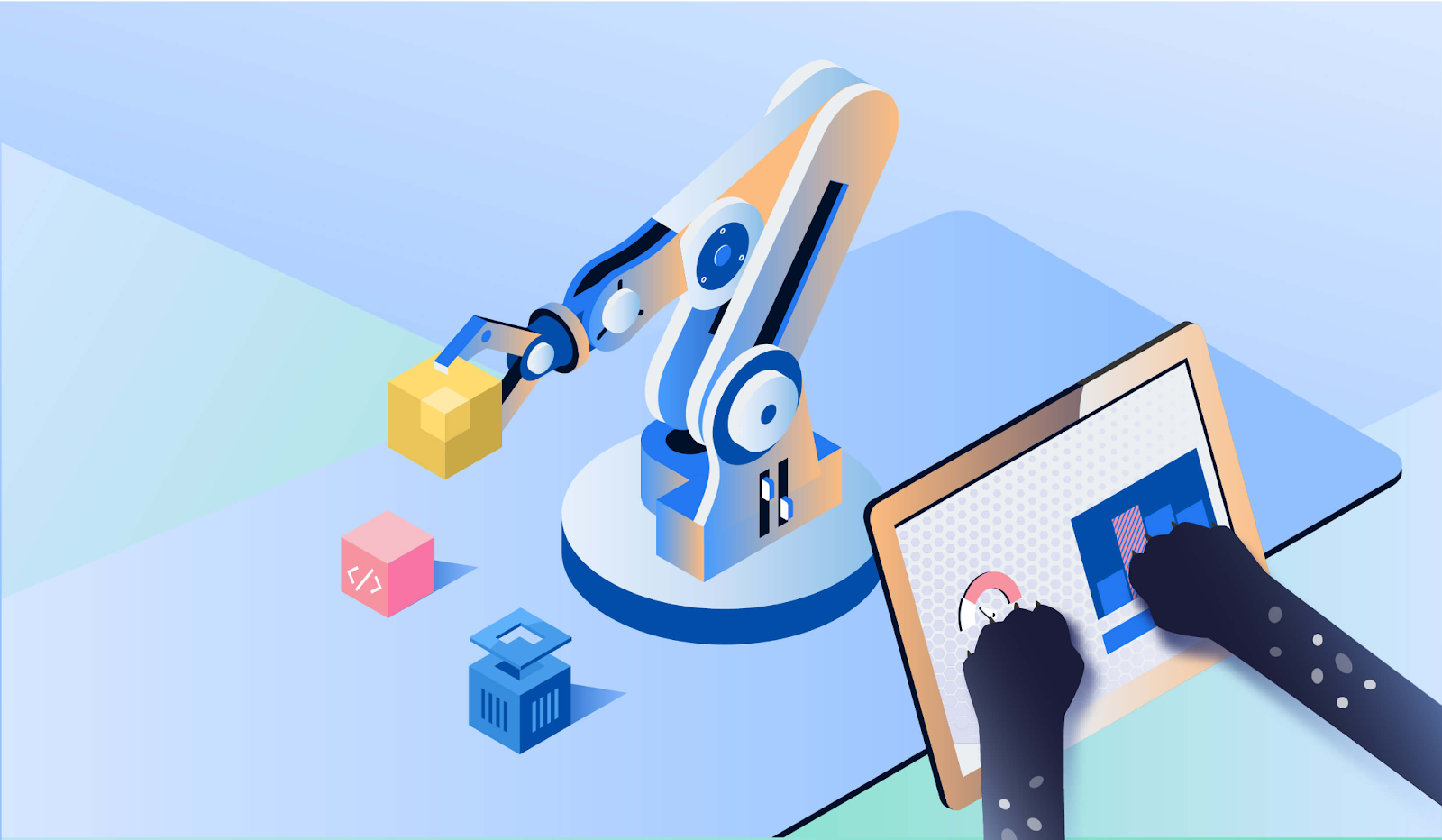
Historically, engineering excellence meant mastery:
- Mastery of syntax
- Mastery of design patterns
- Mastery of debugging
- Mastery of architecture
Now, mastery evolves to orchestration:
- Knowing what to automate and when
- Architecting pipelines that amplify intelligence
- Leveraging copilots, agents, and automation frameworks effectively
- Teaching systems how to maintain, test, and improve software
The most powerful engineer of this decade isn’t the one who writes the most code —
it is the one who designs the systems that create, test, and maintain code.
In other words:
Tomorrow’s engineering leaders are not only builders — they are automation architects.
The Rise of the Cognitive Software Factory
Imagine a software development environment where:
- Product ideas are spoken into existence through natural language
- AI agents decompose functionality into tasks and code units
- Automated pipelines generate versions, test experiences, and deploy safely
- Observability systems monitor and adjust performance autonomously
- AI-powered analytics refine UX based on behavioral learning
This is not science fiction.
This is the emerging cognitive software factory —
an ecosystem where software builds software.
Engineers do not disappear; they ascend.
They become strategists, validators, ethics stewards, creative problem-solvers, and system supervisors.
Human intellect shifts from construction to curation, guidance, and innovation stewardship.
Cost Is No Longer the Primary Driver — Velocity Is
Automation began as a cost conversation.
Cut repetitive tasks, increase throughput, reduce staffing pressure.
Today, automation is an edge strategy —
the difference between market winners and market memories.
In a hyper-competitive digital world:
- Customers expect instant updates
- Features have half-lives
- Security threats evolve hourly
- Market shifts happen in real-time
- Innovation cycles compress from months to days
The business that iterates fastest doesn’t just win —
it erases slower competitors.
Speed is the new luxury.
Velocity is the new supremacy.
Automation is the engine behind both.
The Human Element: Creativity, Judgment, and Ethical Governance
If automation becomes the new engineering talent, what becomes of the human?
Everything automation cannot — and should not — replicate:
- Vision
- Imagination
- Empathy
- Ethics
- Judgment
- Cultural intuition
- Strategic reasoning
- Systemic awareness
- Cross-disciplinary synthesis
Humans are no longer the hands of engineering;
they are the heart, mind, and moral compass.
The world does not need more code;
it needs meaningful, safe, ethical, creative intelligence directing code.
Automation handles execution.
Humans handle direction, interpretation, and innovation philosophy.
Together, they form a hybrid intelligence workforce.
The New Hiring Paradigm: Engineers + Automation Fluency
Recruiting shifts dramatically in the automation era.
Companies now evaluate:
- AI and automation ecosystem literacy
- Systems-thinking competence
- Ability to collaborate with machine agents
- Skill in architecting automated workflows
- Creativity in designing hybrid human-machine roles
The modern engineering resume begins to sound like this:
- Orchestrated autonomous test frameworks
- Designed self-optimizing CI/CD systems
- Leveraged model-driven development pipelines
- Built self-remediation systems for production infrastructure
- Integrated copilots into engineering cycles
- Trained ML models for UX prediction
Automation skills are not extra;
they are essential — a new literacy.
From Workforce Addition to Workforce Multiplication
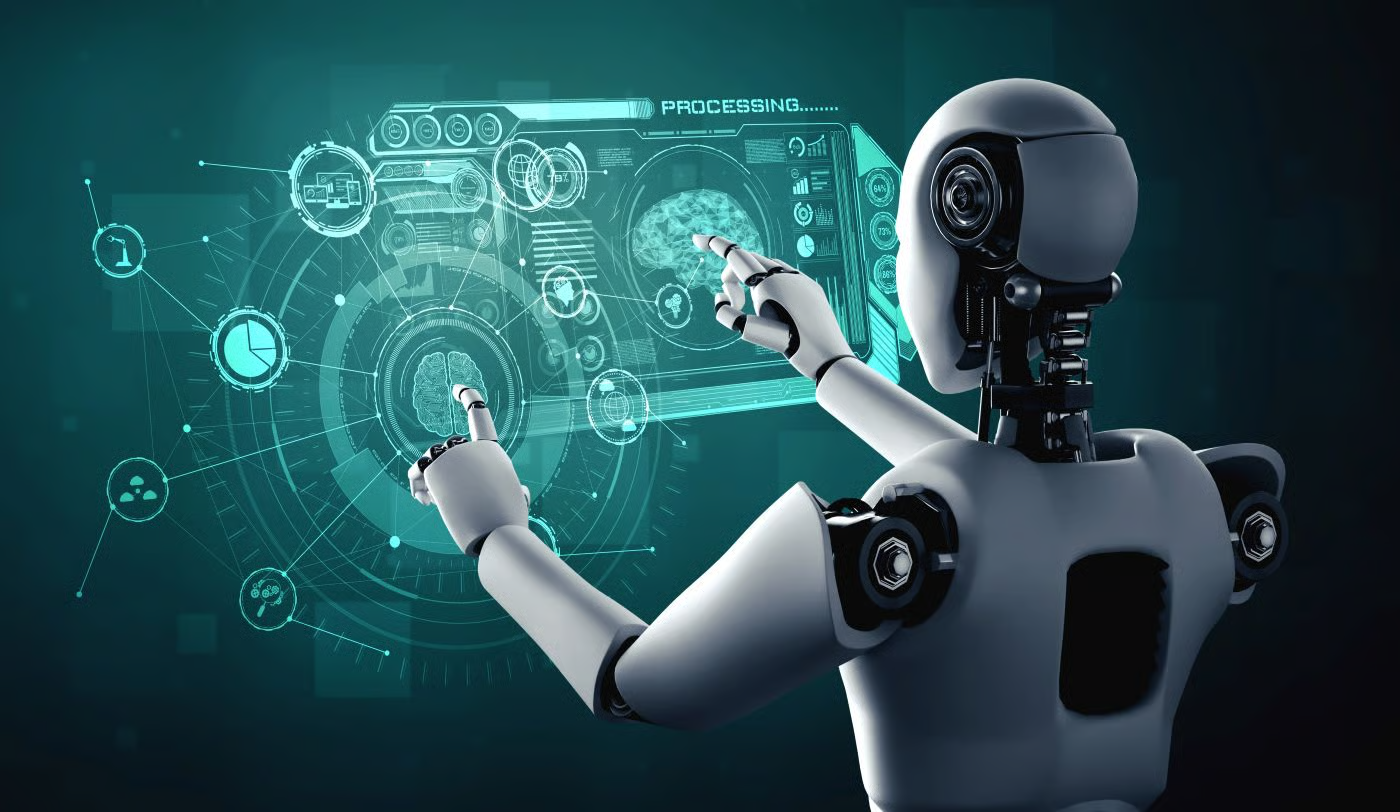
The power of automation lies in compounding effects.
One engineer empowered by AI can outperform
entire pre-automation engineering teams.
This reframes workforce strategy:
- Not “How many people must we hire?”
- But “How do we multiply each contributor exponentially?”
Automation democratizes engineering excellence.
It allows visionaries to build faster.
It frees innovators to solve bigger problems.
It liberates talent to challenge limits, not chase tickets.
A Quiet Revolution With Loud Consequences
The shift is already visible:
| Traditional Development | Automation-Enhanced Development |
| Slow, manual cycles | Continuous adaptive cycles |
| Human QA bottlenecks | Self-testing pipelines |
| Skill-dependent output | System-amplified output |
| Bug hunting | Predictive defect avoidance |
| Reactive maintenance | Proactive system autonomy |
| Human-only capabilities | Hybrid human-machine intelligence |
This is not incremental progress —
It is a structural transformation.
Conclusion: Automation Doesn’t Replace Talent — It Redefines It
The future of engineering is not human or machine —
It is human and machine, each elevating the other.
Automation is not competition.
Automation is collaboration at a superhuman scale.
It is the new talent layer —
the silent partner, the tireless colleague, the invisible workforce.
And those who master it will not just build software.
They will architect the next era of digital civilization.
Automation is not the next chapter of engineering —
It is the new language in which engineering is written.
The companies who understand this now
will become the global innovators of tomorrow.
The rest will spend years trying to catch up —
to talent that never sleeps.

